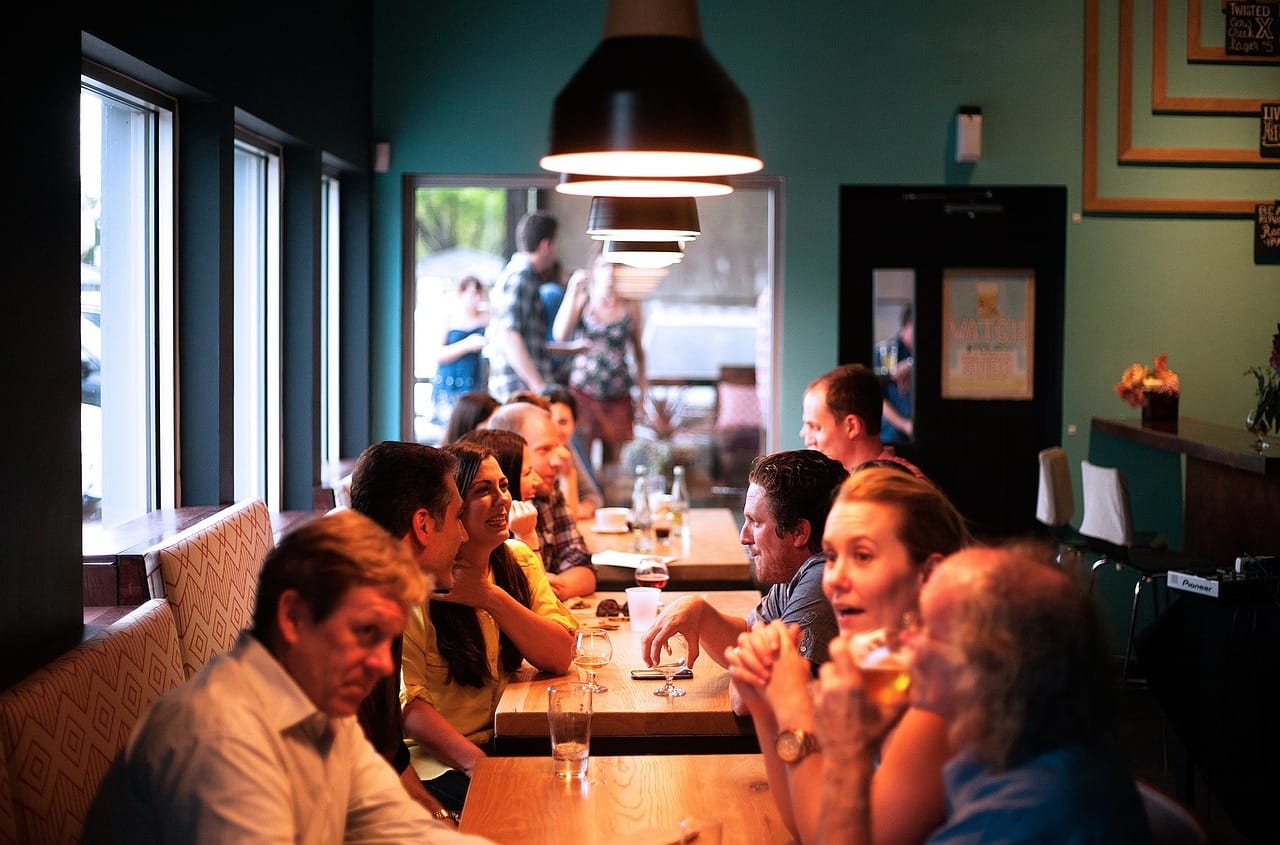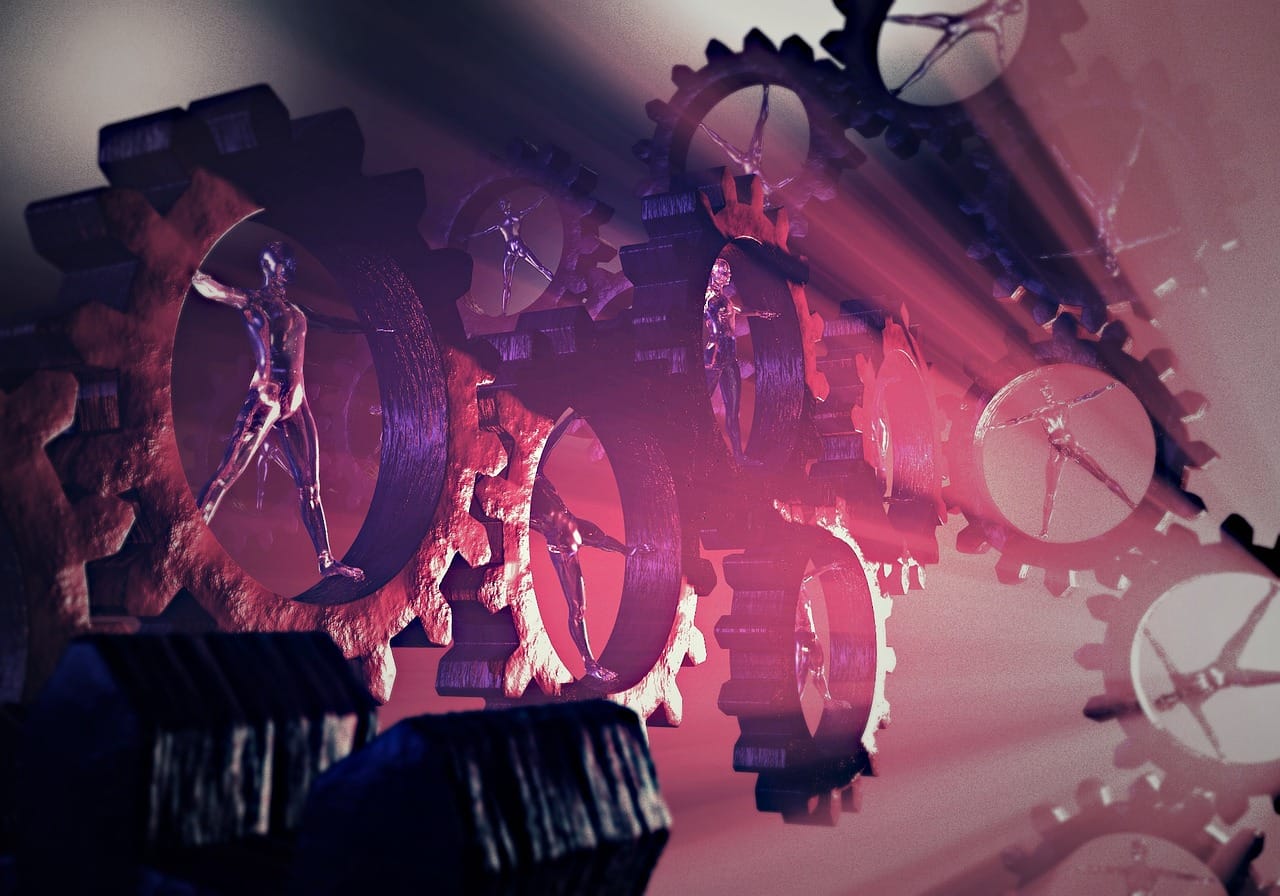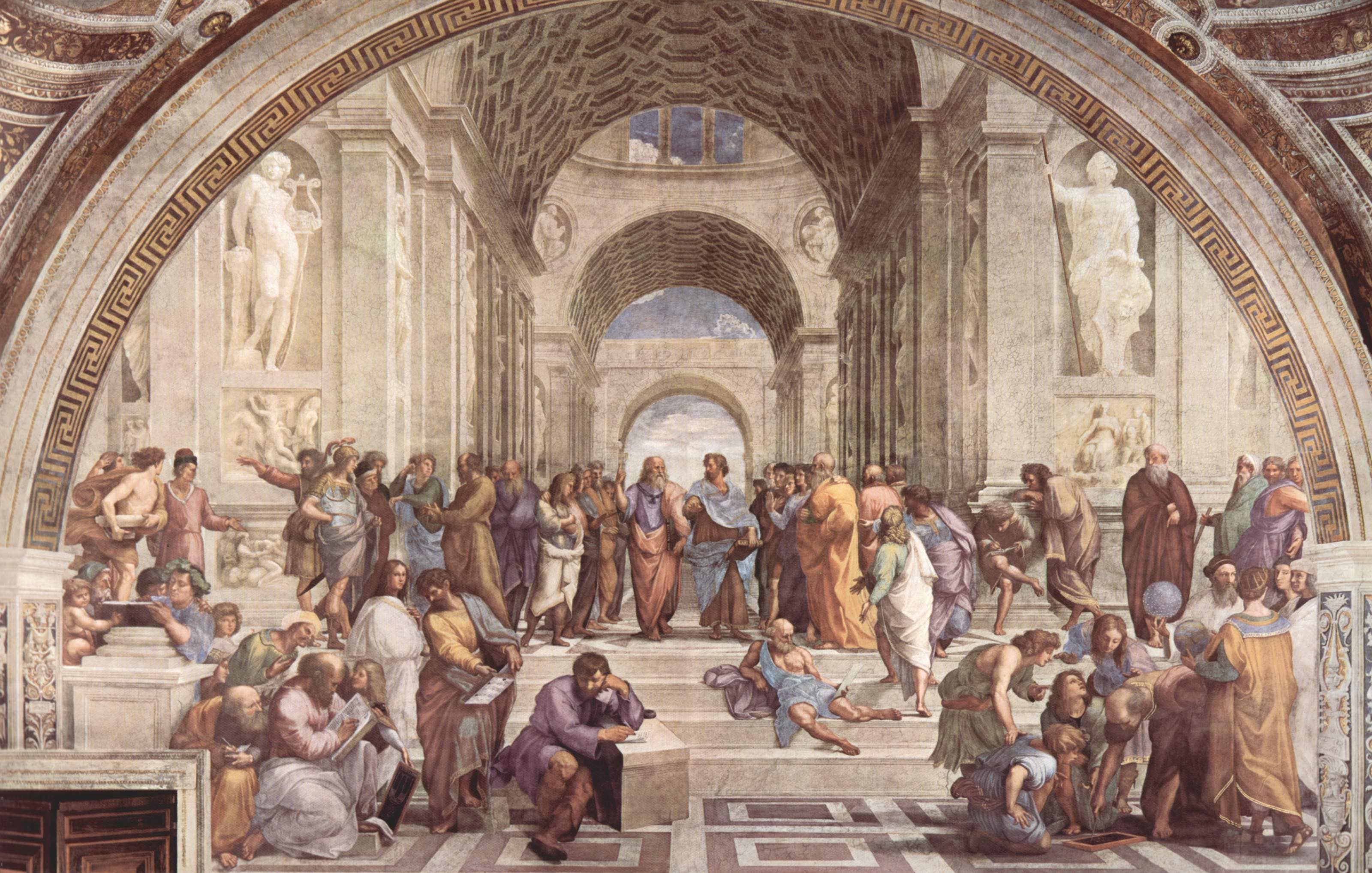Recycling paper, taking shorter showers, and cycling to work instead of going by car are all as pro-environmental behaviors. Even though these behaviors typically involve some degree of effort or cost, many people still engage in them. But why? This Thursday, November 19th, Danny Taufik will defend his dissertation in which he tries to answer this question.
This post looks at our research on the mechanics of negative emotions about ourselves, the human obsession with how the past could have been different and some of the things I learned from this first laboratory research project I worked on during the past six months.
Who says you need fortune tellers to tell you how we will feel in the future, or how you will behave? Maybe you don’t need them: there is literature to suggest you can basically become your own fortune teller, by simply taking a closer look at your hands. Your future is not written in the stars, but in your hands.
This blog post deals with the unrealistic beauty standard of the media and how it can influence individuals. The psychological stress and even illnesses, such as bulimia and anorexia nervosa that this beauty standard evokes, underlines the urgency of examining how this standard can be changed.
People often enjoy casual chats, especially about others. Although these conversations may seem harmless, they facilitate escalation of conflict between groups. Hedy Greijdanus’ dissertation research investigated the possibility to de-escalate conflict by influencing both what people talk about and how they talk. Tomorrow, June 25th at 14.30, she will defend her thesis in the Academy Building.
Major life events such as experiencing a flood or the death of a child may feel very unjust. Oftentimes people seek to find causes for such events. To better understand such explanations, we asked ourselves the question who people see as actually distributing (in)justice in the world.
Globalisation is a process that fosters interconnectedness of people and communication between cultures. However, it also has negative sides, for instance, when dominant cultures quickly overtake small ones leading to a loss of diversity. In a current project, we explore how different groups react to possible threats of globalisation.
Science is in crisis, and there are many initiatives for how to improve it. The solutions that are proposed risk being counterproductive. They overemphasize the importance of good data and rigorous hypothesis testing, and devalue other factors in the advancement of knowledge.
These four short videos provide an overview of the master’s program “Social Psychology and its Applications”, and it’s three specialization tracks: “Health Psychology”, “Environmental Psychology”, and “Behaviour in a Social World” at the University of Groningen.
For the last few years, the Sinterklaas celebration has raised some profound questions: Is the character of Zwarte Piet racist or not? And should we change the celebration? In a current project, we combine insights on social identity, inter-group relations and attitude polarisation to investigate people’s willingness to change the Sinterklaas celebration.










